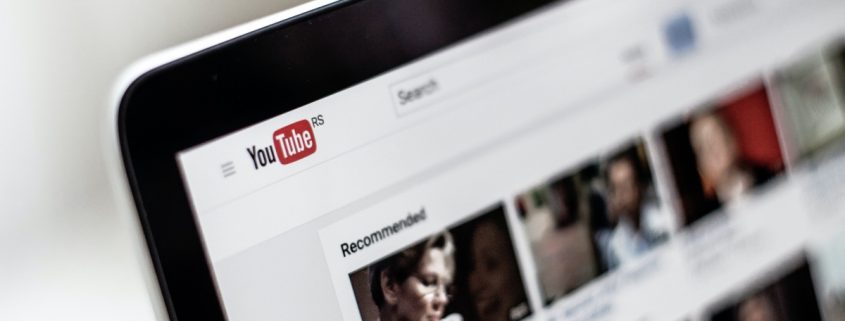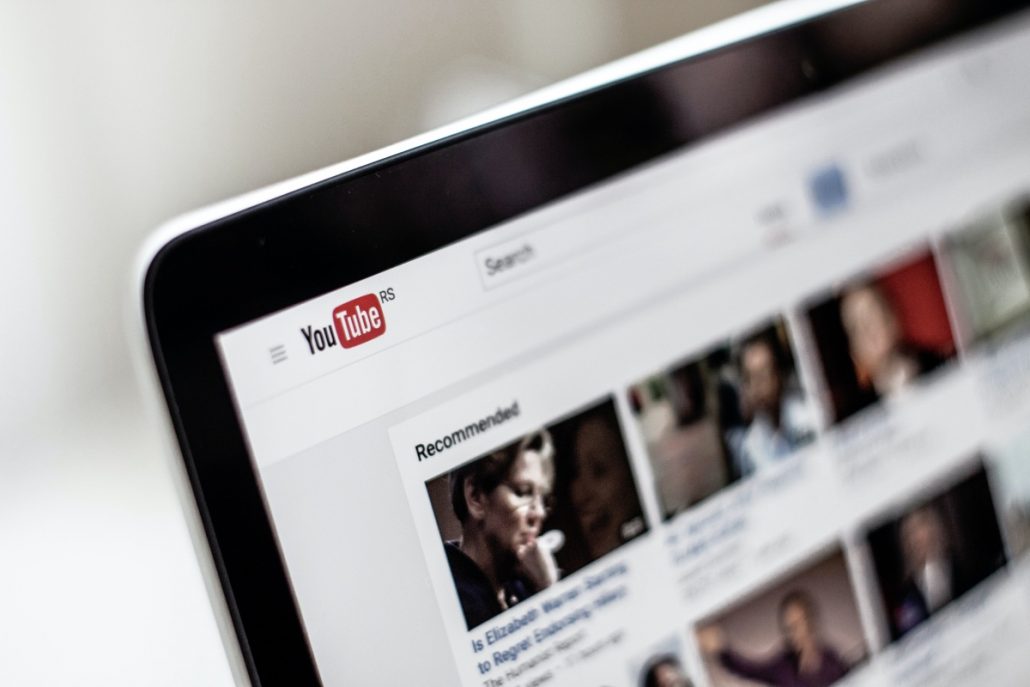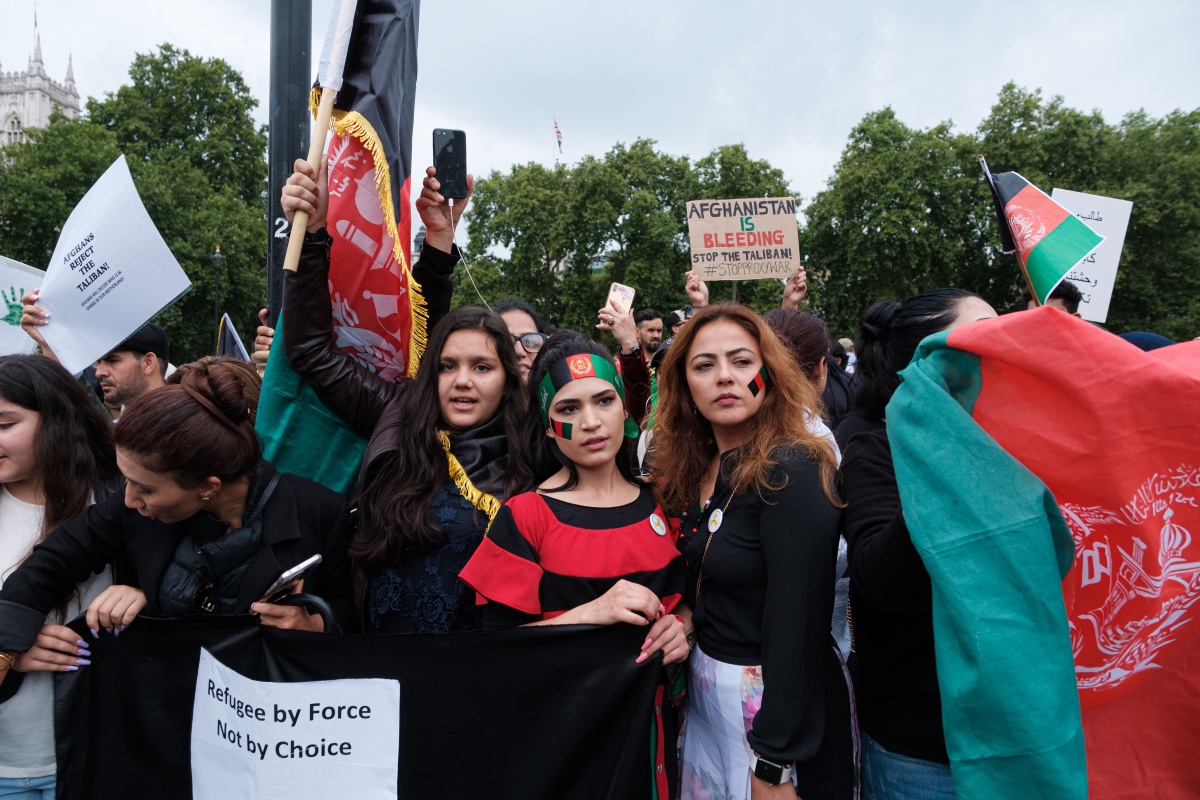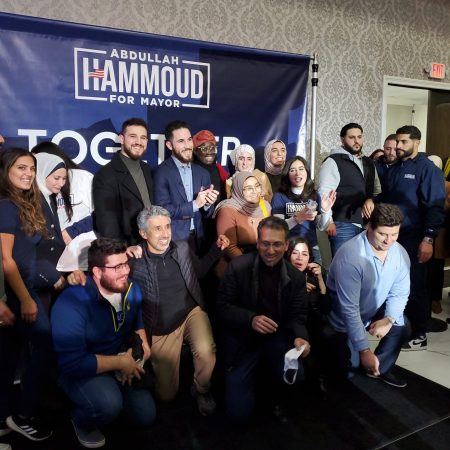YouTube refuses to remove anti-Asian song despite rise in violence and complaints
by Rehan Qamar
Despite YouTube claiming that it does not tolerate hate or offensive speech and content, the company is under fire for allegedly refusing to remove a song employees alleged is racist against Asians. According to Bloomberg, staff members called for the removal of rapper YG’s song “Meet the Flockers,” because the 2014 song’s lyrics called for burglaries in Chinese neighborhoods.
“First: You find a house and scope it out \ Find a Chinese neighborhood \ ‘Cause they don’t believe in bank accounts,” the lyrics state.
The incident comes at a time where there has been an increasing rise in violence against the Asian American and Pacific Islander community. According to data released by Stop AAPI Hate, almost 3,800 incidents of hate crimes toward Asians were reported over the past year during the pandemic. Noting the surge of violence against the AAPI community and increased xenophobic rhetoric, some YouTube employees requested that the company’s Trust & Safety team remove the song. Although the Trust & Safety team is tasked with ensuring a safe community on the platform, it opted against removing the obviously racist song.
“We find this video to be highly offensive and understand it is painful for many to watch, including many in Trust & Safety and especially given the ongoing violence against the Asian community,” YouTube executives wrote in an email, according to a copy obtained by Bloomberg.
“While we debated this decision at length amongst our policy experts, we made the difficult decision to leave the video up to enforce our policy consistently and avoid setting a precedent that may lead to us having to remove a lot of other music on YouTube,” the letter continued.
While YouTube maintains that the song does not pose a threat to a community and is an artistic expression that does not violate its hate speech policy, it maintained that it’s still open to hearing from employees on their thoughts.
“YouTube has an open culture and employees are encouraged to share their views, even when they disagree with a decision,” a YouTube spokeswoman told Bloomberg. “We’ll continue this dialogue as part of our ongoing work to balance openness with protecting the YouTube community at large.”
In the past year, YouTube has removed more than 97,000 videos and more than 46 million comments that allegedly violated the company’s policies on hate speech. However, individuals have noticed that some comments and videos that target one group are removed faster than others.
This sheds light on the growing debate that many large companies favor one community over the other or hop the bandwagon of removing racist speech or rhetoric when it may negatively impact their brand imaging. In light of the increasing Black Lives Matter protests last year, many companies began issuing statements and removing content they otherwise had not following calls for big corporations to take a stand. Additionally, after the Capitol insurrection in January, many companies began revisiting their relationships with known hate groups or individuals involved in such activities while claiming that such involvement was always in their community guidelines.
The timing of when companies decided to act on the requests politicians and activists have been making for years is interesting and goes to show that companies do have the power to make a change, but refuse to do so unless it’s convenient. YouTube refusing to remove a song employees have referenced as racist is not okay. Just because some individuals, most likely those who do not identify as part of the community in question, believe something is okay does not mean it is not hateful.
Reports examining the link between hate rhetoric and anti-Asian bias found that discrimination against the Asian American community increased after the use of xenophobic terms. As such, songs like “Meet the Flockers” contribute to a stereotype that ultimately puts AAPI community members in danger.
Local news reports have repeatedly cited violence in different communities following the spread of misinformation and myths, including that AAPI community members keep valuables in their homes. Multiple burglaries have targeted these community members as a result. Stereotypes have an impact and contribute to the ideology that often perpetuates hate and violence. An obscure song claiming that Chinese people “don’t believe in bank accounts” can put Asian Americans in danger.





















2021
3,244 views
views
0
comments